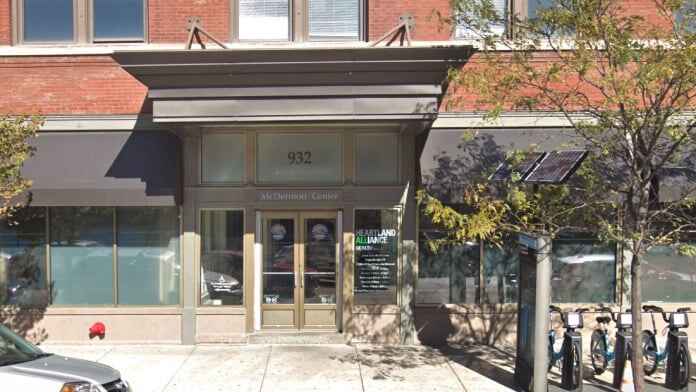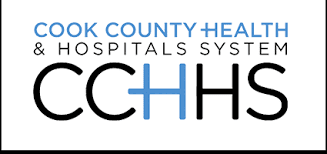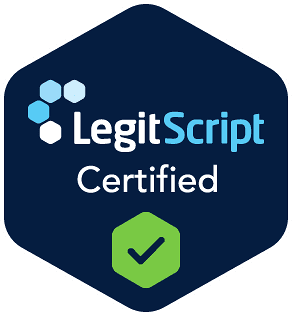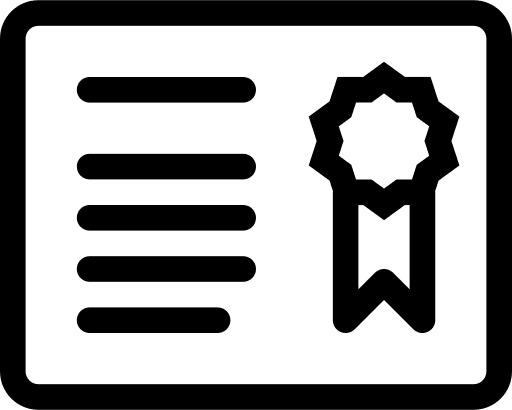About Haymarket Center – Chicago
Haymarket Center provides substance abuse and mental health treatment in Chicago, Illinois. They have residential and outpatient programs available. There are also gender specific programs, including services for pregnant and parenting women.
All programs have medication assisted treatment (MAT) available to help ease withdrawal symptoms and lessen drug cravings. They use FDA approved medicines to keep guests more comfortable. Detox is medically monitored for safety. Guests have 24 hour care with physicians and nursing staff to manage treatment.
Residential treatment provides a structured environment so guests can focus on healing without outside worries interfering with recovery. Their outpatient program is best for those who want to live at home while getting treatment and continue working or attending school. This service is often used as a step down program after completing residential care.
Case management is available to help guide you through the program and ensure you get the most comprehensive benefits. They can refer you to outside agencies and help with other resources when needed.
Primary care is available at the center, and you’ll have the provider of your choice while in their program. Medical services like diagnostic care and an onsite pharmacy are part of their programs.
Their gender specific programs focus on the specific needs of men and women. They may use trauma informed therapy with proven methods like cognitive behavioral therapy to uncover the root causes of addiction issues. You can work on relapse prevention, coping skills and recognizing substance use triggers.
All Haymarket Center programs are accredited by the Commission on Accreditation of Rehabilitation Facilities (CARF) and licensed by the Illinois Division of Substance Use Prevention and Recovery. They offer discounts based on income and family size, but no one is denied service due to inability to pay.











